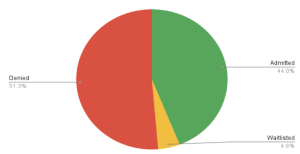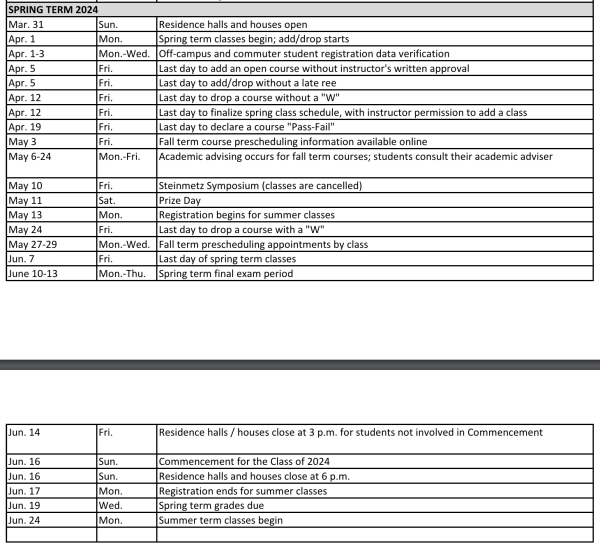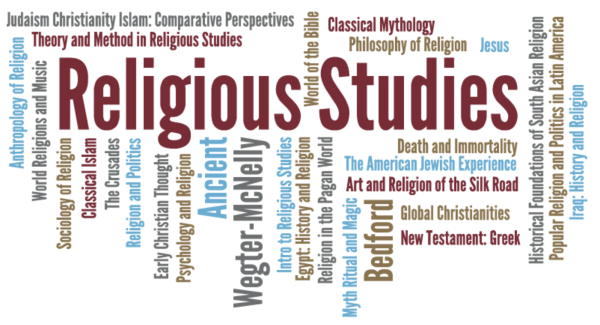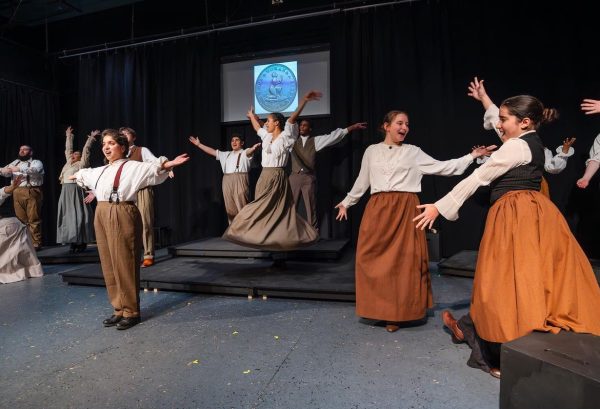[Letter to the editor] The Danger in Playing Comparative Politics with Repression in Iran
October 27, 2022
If you have been scrolling through your news feeds at all in the last month, you may have glanced at something about the protests in Iran in the wake of the murder of Mahsa Amini. Maybe you even saw that there were reciprocal protests around the world, including in the US, led by the Iranian diaspora in support of the Iranian people’s protests. I would argue that these protests in Iran, who some consider worthy of being called a revolution, deserve our close attention and support.
As of October 27, the protests have been going on for 41 days, and have produced many incredible moments of collective heroism from the people in their challenging the regime that is oppressing them. The current series of protests were sparked by the murder (and subsequent cover-up) of 22 year old Mahsa Amini, at the hands of the so-called “morality police.” Her crime? Having a few strands of hair showing outside her hijab. Mahsa Amini was a Kurd, who also went by her Kurdish name of Zhina. Due to the repression against Kurds in Iran, Zhina could not use her Kurdish name. Along with the rest of the Kurds in Iran, Zhina Amini was officially forbidden from speaking or learning the Kurdish language. Teaching, speaking, or learning Kurdish are crimes in Iran punishable by 10 years in prison, torture, or even execution. Just yesterday, more than 100,000 people marched to Zhina Amini’s home town of Saghez, defying government threats and roadblocks in order to mourn her.
While all of this may have started with the outrage at the murder of Mahsa Amini, the grievances of the people in the streets are far greater than just for one person and far broader in scope than just the issue of compulsory hijab. It is important that we are aware that the list of heinous crimes and oppression of the regime in Iran against its own people is too numerous to list here. To focus solely on the issue of hijab would be to let the Iranian regime off the hook. The slogan of this movement is “Women, Life, Freedom” in recognition that the repression of women in Iran represents a repression of freedom in the lives of all the Iranian people. The anthem of the protests is a deeply moving song by Iranian artist Shervin Hajipour called “Baraye.” Baraye translates to “for,” and the theme of the song is a series of reasons why people are protesting. I highly recommend giving the song a listen, and reading along with the subtitles.
Of course it is not the first time Iran has seen a movement protesting for their rights, the scale of the 2022 protests appear to be at a level not seen since before the last Iranian Revolution in 1979, which established the government of the current regime, the Islamic Republic of Iran. The last few rounds of protest movements in Iran are met with a deadly crackdown that starts with the cutting of internet access and follows with a deadly crackdown, often using live ammunition. In 2019 this resulted in the deaths of over 1,500 people at the hands of the police and security forces. Internet access in Iran has already seen frequent disruptions since the protests began. Human rights groups are reporting that in the past month alone regime authorities have killed over 230 people, including teenagers as young as 15! This is why it is urgent that we pay attention to the brave people of Iran and not look away.
When looking at Iran or at injustice in other countries, it is easy to have a tendency to attempt to analogize the situation with that of our own, or to compare injustice at home to injustice abroad. After all, it’s quite reasonable to attempt to draw parallels between our experiences and others. Yet I would argue that this can be harmful to our understanding of the nuances and the different set of circumstances that makes each situation unique. When it pertains to Iran in particular, there is a danger at simplifying things in order to be framed in an American-centric way. It’s wrong to look at the brutal crackdown in Iran, where security forces are brutalizing, torturing, and murdering protesters and think something along the lines of “well how can I say something about Iran when there is also police brutality in the U.S.?” It’s one thing if you feel you are not informed enough on Iran to comment, there’s always room to learn more by listening to the Iranian people. Yet if you happen to be aware of the injustice in Iran and choose to keep silent because of the many wrongdoings and flaws of the U.S., your “moral” silence does not actually help fight injustice at home or abroad! It is fundamentally important for us Union students, faculty, and staff to remember that while we reside in America, we have many freedoms and rights that we may take for granted, which the people of Iran are being killed for protesting for. We have the freedom to elevate the Iranian people by using our voices, in the hopes that someday soon they will be free to raise theirs.








